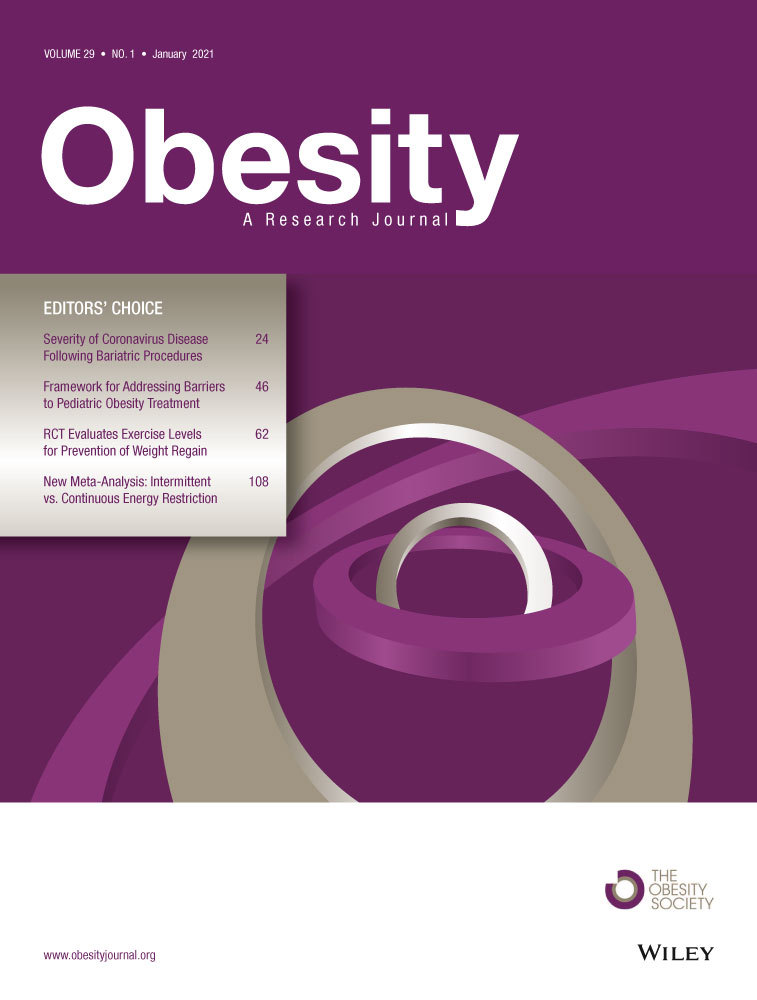Nonrespiratory Complications and Obesity in Patients Dying with COVID-19 in Italy
Abstract
Objective
This study aimed to assess the impact of obesity on nonrespiratory complications in patients dying with coronavirus disease (COVID-19).
Methods
Medical charts of 3,694 of patients dying with COVID-19 in Italy were reviewed to extract information on demographics, preexisting comorbidities, and in-hospital complications leading to death. Multivariate logistic regressions were performed to assess the association of obesity with nonrespiratory complications. These analyses were adjusted for age, gender, and number of preexisting comorbidities.
Results
Obesity was present in 411/3,694 (11.1%) patients dying with COVID-19. Obesity was significantly associated with increased probability of experiencing acute renal failure (adjusted odds ratio [OR], 1.33; 95% CI: 1.04-1.71) and shock (adjusted OR, 1.54; 95% CI: 1.19-1.99). The associations of obesity with acute renal failure and shock were stronger in patients aged < 60 years (adjusted OR, 2.00; 95% CI: 1.09-3.67 and OR, 2.37; 95% CI 1.29-4.36) than in those aged 60 years or older (adjusted OR, 1.20; 95% CI: 0.90-1.60 and OR, 1.22; 95% CI: 0.91-1.65).
Conclusions
In patients dying with COVID-19 in Italy, obesity is associated with an increased probability of nonrespiratory complications, particularly shock and acute renal failure. These associations seem stronger in younger than in older adults. Strategies should be put in place in patients with COVID-19 with obesity to prevent these complications.
Disclosure
The authors declared no conflicts of interest.





